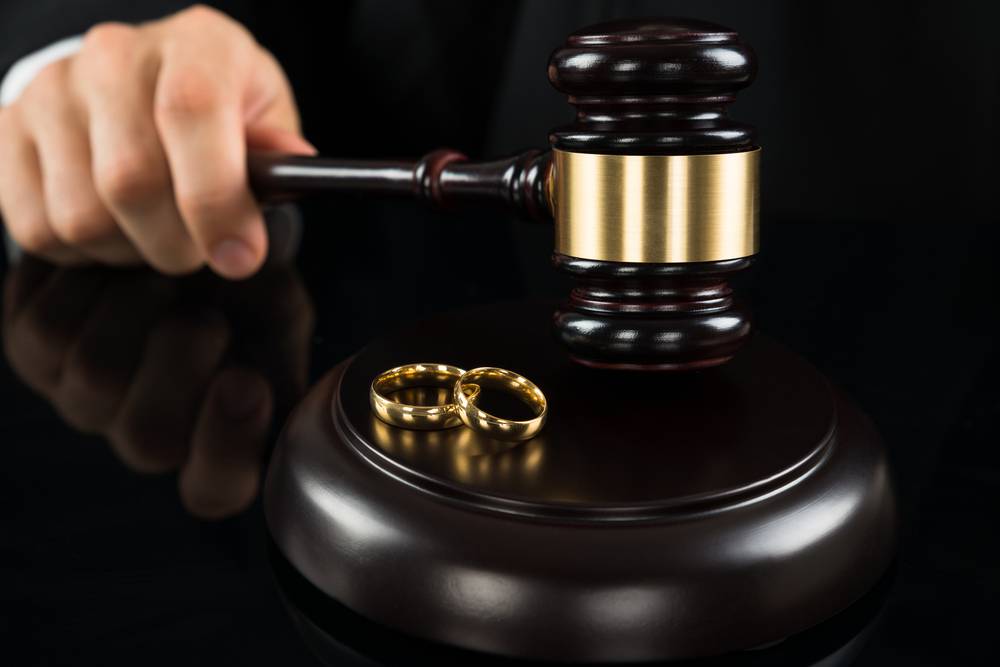In India, the case of Lily Thomas vs. Union of India (Writ Petition (Civil)798 of 1995) is regarded as a watershed moment. To avoid solemnizing second marriages without a proper and legal dissolution of the first marriage, the Supreme Court of India took a preventive measure. Thus, following this decision, it was held that if a marriage is formed without first obtaining a proper and legal divorce from the first marriage, the second marriage will be considered void under law, and if a man is found doing so, the husband will be held liable under sections 494 and 495 of the Indian Penal Code (IPC), 1860 for the offence of bigamy. This landmark judgment was delivered by a division bench of the Supreme Court, consisting of Justice RP Sethi and SS Ahmad.
Facts of the Case:
A Marriage was constituted between Mrs. Sushmita Ghosh & Mr. Gyan Chand Ghosh on 10th May 1985, following all Hindu rituals and traditions. A month later, on April 22nd her husband conveyed to her he was no longer willing to live with her, and thus, she should agree for getting a divorce with mutual consent. The husband told her he has converted to Islam and would marry Vinita Gupta. Later on, the husband of the petitioner pronounced that he was converting his religion to Islam for which he got a certificate on 17th June 1992, and thus would marry again with a lady named Vinita Gupta. Therefore, the petitioner i.e. Mrs. Sushmita Ghosh prays her husband should be abstained from marrying Vinita Gupta.
Issues Raised:
- Can a Hindu male be allowed to enter another marriage after converting to Islam?
- Would a Hindu male be held liable for the offence of Bigamy as per section 494 of the Indian Penal Code (IPC), 1860?
Judgment Review:
If a Hindu spouse converts their religion in order to convene a second marriage with no intention of truly professing such religion but only to achieve an ulterior motive, the second marriage is null and void. Article 21 of the Constitution is violated. The first is not dissolved simply because either party converts. Especially if the first marriage is still in force, such an action would constitute bigamy under Section 17 of the Hindu Marriage Act. It shall invite the provisions of IPC Sections 494 and 495. Marriage is performed in India in accordance with the provisions of personal laws applicable to the parties. The Court ruled that a mere conversion does not dissolve a marriage until a divorce decree is obtained from the competent Court and that until the decree is obtained, the marriage remains valid and continues to exist. This landmark decision was regarded as significant due to the evil conduct of a Hindu male converting to Islam for the purpose of second marriage. Bigamy is a punishable offence under Hindu law. Marriage is regarded as sacred in Hindu law, and thus the concept of remarrying when the first marriage is valid and subsisting is forbidden.
Click here to view the judgment
“Prime Legal is a full-service law firm that has won a National Award and has more than 20 years of experience in an array of sectors and practice areas. Prime legal falls into the category of the best law firm, best lawyer, best family lawyer, best divorce lawyer, best divorce law firm, best criminal lawyer, best criminal law firm, best consumer lawyer, best civil lawyer”
JUDGMENT REVIEWED BY DIVYA SHREE GN


